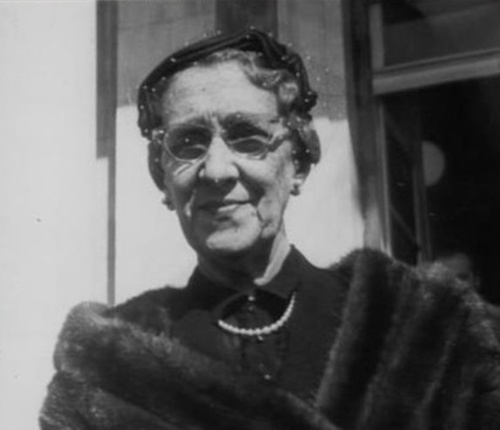Auction: 19003 - Orders, Decorations and Medals
Lot: 781
The impressive 'Red Cross' group of twelve awarded to Lina Tsaldari, a celebrated political campaigner decorated for a lifetime of public service; having been in the Greek Red Cross during the 1912-13 Balkan Wars and the Second World War, she became the first woman to serve in a Greek government, becoming Minister for Social Welfare in 1956. She later served Greece on the world stage, as Permanent Representative to the United Nations
Greece, Kingdom, Royal Order of George I, Civil Division, Knight's breast Badge; Medal of Outstanding Acts, reverse dated 1940, with 2 crowns upon riband; Greco-Turkish War Medal 1912-13, Army issue; Greco-Bulgarian War Medal 1912-13; 1940-41 Campaign Medal; 1912-13 Balkan Wars Red Cross Medal, Type I; 1912-13 Balkan Wars Red Cross Medal, Type II; 1924 Hellenic Red Cross Medal, reverse officially named 'Lina Tsaldari 1948'; World War II Hellenic Red Cross Medal, with olive sprig emblem upon riband; Hellenic Red Cross Decoration 1946-49, with silver star upon riband; Hellenic Red Cross Decoration 1956; France, Republic, Legion of Honour, Officer's breast Badge, with rosette upon riband, mounted court-style as worn, the first with minor repair to red enamel, overall good very fine (12)
Lina Tsaldari was born in Athens in 1887, the daughter of Spyridon Lambros, a much-admired professor of Greek history who briefly served as Prime Minister during the National Schism. This troubled period of Greek history called into question the monarchy's constitutional role. It reached its nadir during the Great War, when King Constantine I preferred to remain neutral while the Greek Government, under the radical Prime Minister Eleftherios Venizelos, favoured joining the Allies. Constantine I was married to Sophia of Prussia, the Kaiser's sister; his policy of neutrality aided the Germans. Matters came to a head in October 1916, when Constantine formed his own government at Athens to implement his foreign policy agenda. Spyridon Lambros, a conservative to his fingertips, was chosen to head this new administration. The official government, under Venizelos, fled to Thessalonica and began conspiring with the Allies. On 1 December 1916, a pro-German mob opened fire on French Marines in Piraeus Harbour and besieged the British Embassy at Athens. The Allies' wrath was unleashed, and Lambros was their ideal scapegoat. Accused of turning a blind eye to the armed gangs roaming Athens' streets, Lambros was forced to resign. He went into self-imposed exile on the island of Skopelos, dying there on 23 July 1919. The king he served so faithfully did not reign for much longer: Greece's humiliating defeat in the 1919-22 Greco-Turkish War, in which Greece lost her claim to Smyrna, led to Constantine's abdication in 1922.
Lina Tsaldari was deeply influenced by these events; the bitterness she felt towards the radical Venizelists who caused her father's exile made her a staunch conservative. In 1919 she married Panagis Tsaldaris, a conservative politician. She had already served with the Greek Red Cross during the 1912-13 Balkan Wars, when Greece's territory expanded northwards. She continued this work during World War II, winning the 1940 Medal of Outstanding Acts with two Crowns, the Royal Order of George I, and France's Legion of Honour. An active suffragist, her relentless campaigning brought female enfranchisement forward by at least a decade. She became the first woman ever to serve in a Greek government, being appointed Minister for Social Welfare in Konstantinos Karamanlis' first administration (1956-58). After serving in Parliament, she became Greece's Permanent Representative to the United Nations. Lina Tsaldari died of a stroke on 17 October 1981.
For the recipient's miniature awards, see Lot 691.
Subject to 20% VAT on Buyer’s Premium. For more information please view Terms and Conditions for Buyers.
Sold for
£1,800
Starting price
£1200







